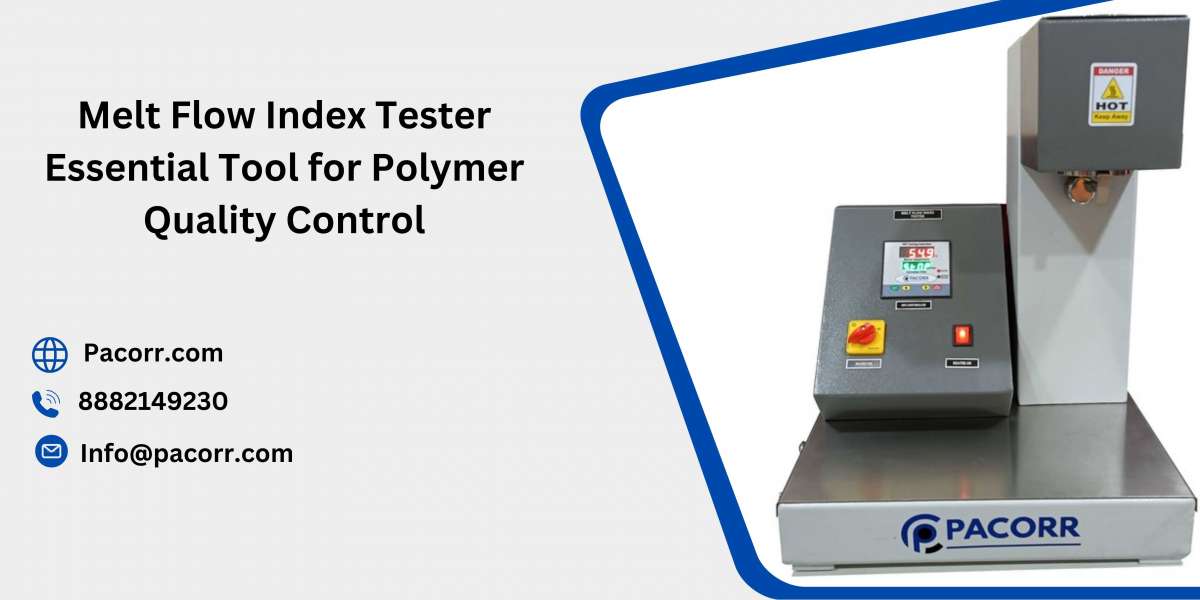When it comes to deferring capital gains tax on investment property sales, Section 1031 of the IRS Code offers one of the most powerful tools available to commercial real estate investors. The rule allows owners to sell a property and reinvest the proceeds into another like-kind asset without paying capital gains taxes at the time of the transaction. It’s often described as a tax loophole, but in reality, it's a well-established incentive that supports reinvestment in the national property market.
However, despite how common 1031 deals have become, many investors don’t understand the full picture of 1031 Exchange Commercial Real Estate. The IRS provides a framework, but it doesn’t spell out the real-world obstacles, time-sensitive requirements, or potential pitfalls that can cost you eligibility. It’s the gaps in clarity—not the rule itself—that create risk for investors trying to take advantage of this powerful tax tool.
You Must Identify Replacement Properties in 45 Days
One of the strictest elements of a 1031 exchange is the 45-day identification window. Once you close on your relinquished property, you have exactly 45 calendar days to formally identify up to three replacement properties. This is non-negotiable. Many investors assume they can “shop around” or decide later, but the IRS expects precise written identification within the deadline, or the entire deferral is void.
The 180-Day Rule Isn’t Flexible
Along with the 45-day identification window, there’s also a 180-day rule that requires closing on the replacement property within 180 days of the sale. These timelines run concurrently—not sequentially. If you take 44 days to identify, you only have 136 days left to close. Many deals fall through simply because buyers underestimate how tight these windows are, especially with due diligence and financing involved.
Property Must Be Held for Investment, Not Flip
Some investors make the mistake of attempting a 1031 exchange on properties they’ve owned for a short period. The IRS requires that both the sold and replacement properties be held for investment or productive use in a trade or business—not short-term resale. While there’s no hard rule on time held, most professionals recommend owning the property for at least two years before using it in a 1031 exchange to demonstrate intent.
Like-Kind Doesn’t Mean Identical
The term “like-kind” is often misunderstood. It doesn’t mean you must trade a retail property for another retail property. It simply means both properties must be used for business or investment purposes in the U.S. You can exchange a vacant industrial parcel for a fully-leased office building, as long as both meet the like-kind requirement. However, you cannot exchange U.S. property for foreign real estate or personal-use property.
Boot Can Trigger Partial Tax Liability
In a 1031 exchange, any cash or non-like-kind property received as part of the transaction is called "boot." Receiving boot can trigger partial capital gains tax. This usually happens when the replacement property is of lesser value, or when the exchanger pockets some of the sale proceeds. Many investors are surprised when they owe tax despite having structured an exchange—because they didn’t roll over the entire amount.
Debt Must Be Replaced or Offset
If your relinquished property had a mortgage and your replacement property does not have equal or greater debt, you must offset the difference with cash. Otherwise, the reduction in debt is treated as boot, which can result in unexpected tax. Lenders are also more cautious during 1031 exchanges due to tight timelines, so securing financing early is critical to avoid disqualification due to missed deadlines.
You Need a Qualified Intermediary (QI)
To complete a valid 1031 exchange, you must use a Qualified Intermediary—someone not related to you—who holds the funds from the sale and facilitates the purchase of the replacement property. If you touch the proceeds directly, even for a day, the IRS considers the transaction a sale and denies the tax deferral. QIs are not federally regulated, so it’s vital to choose one with a strong reputation and secure fund handling practices.
Title Holding Structure Must Match
The name on the title of the relinquished property must match the name on the replacement property. This seems simple, but problems arise with LLCs, partnerships, and trust arrangements. If you sell a property under one entity and attempt to purchase under another without the right structure, the IRS can disqualify the exchange. Work with tax and legal advisors to align ownership properly before entering a deal.
You Can’t Exchange Flipped or Primary Residences
Properties used for personal use—like your primary home or a vacation house—do not qualify for a 1031 exchange. Neither do properties you intend to flip or sell quickly. Trying to mix personal and investment use can disqualify your exchange. If the property was used for personal and investment purposes, strict usage ratios apply, and most investors avoid this gray area altogether to stay compliant.
Timing Your Exchange Around Market Conditions Is Risky
While 1031 exchanges offer flexibility, timing can be tricky. Selling in a strong market and buying in a weaker one creates imbalance. Yet waiting too long during market uncertainty can cause you to miss the 180-day window. The IRS does not offer extensions for missed deadlines due to market shifts, natural disasters, or even financing issues. A poor timing strategy can mean overpaying or facing partial tax liability due to delays.
Repairs and Improvements Don’t Count as Purchase Price
Another common misconception is that improvement costs on the replacement property can be included to meet the value requirement. They cannot. Only the actual purchase price at closing counts toward the exchange value. If your replacement property falls short in value, even with planned renovations, you could still be liable for tax on the difference. Make sure your replacement property value meets or exceeds the original sale price.
Exchanges Can Involve Multiple Properties
A single exchange can involve more than one property on either side of the deal. You can sell one large asset and replace it with several smaller properties, or sell multiple assets and consolidate into one. The key is that all identified and closed properties meet the required timeline and value thresholds. This strategy can help with diversification but requires detailed coordination with your QI and legal team.
Estate Planning Benefits Often Overlooked
While the focus is often on tax deferral, 1031 exchanges also offer long-term estate planning advantages. If the replacement property is held until death, heirs receive a step-up in basis—effectively erasing deferred gains. This means long-term 1031 investors can pass on properties with significant appreciation without burdening heirs with massive tax obligations.
Keep Detailed Records for Future Audits
Even if the IRS doesn’t audit you immediately, keep all documents related to the exchange. This includes QI agreements, identification forms, escrow instructions, and settlement statements. Any misstep or omission could lead to future challenges, especially if the exchange is part of a broader investment pattern or estate plan.
Use Expert Help to Navigate the Process
1031 exchanges are complex transactions that combine real estate law, tax code, and investment strategy. Surround yourself with qualified advisors, including a tax attorney, QI, commercial broker, and lender familiar with exchange rules. Cutting corners or assuming your situation is “typical” puts your deferral at risk.
The more investors understand the less-discussed parts of 1031 rules, the better they can leverage the benefits while avoiding costly mistakes. And when evaluating reinvestment opportunities, especially in active markets like commercial real estate for sale in Orange County, pairing knowledge with professional guidance ensures the exchange leads to growth, not regret.








